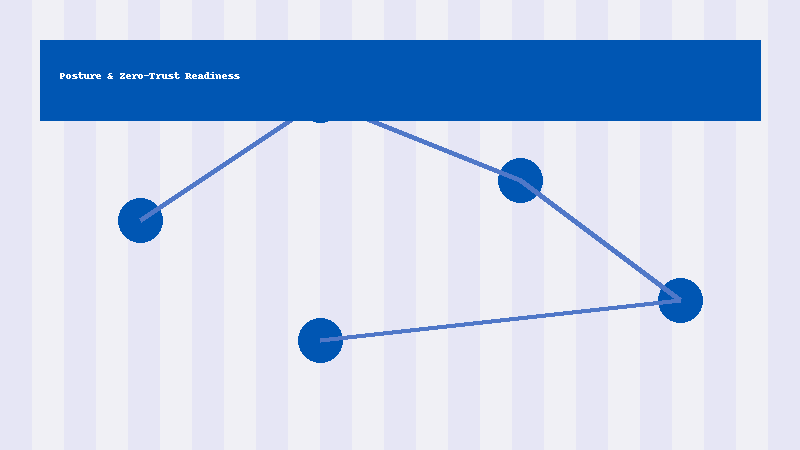Download Cisco AnyConnect
Understand how AnyConnect enables secure, reliable remote access with TLS/DTLS tunnels, posture checks, and cross-platform support. Download Cisco AnyConnect today.

Cisco AnyConnect VPN Client
Designed for a world where work happens anywhere, Cisco AnyConnect VPN kr90 ua20 establishes encrypted, resilient tunnels between users and the applications they rely on. The client delivers a clean, predictable experience across operating systems and networks, while administrators gain visibility, posture checks, and policy control necessary to reduce risk without slowing people down.

Consistent Experience
One client and one mental model for all major platforms. From laptops to phones, users click connect and keep moving—no guesswork, no jargon.

Zero-Trust Ready
Verify device health at login and continuously thereafter. Integrate identity providers and MFA to confirm who is connecting and from what state.

Resilient Transport
TLS and DTLS provide secure, adaptive connectivity that survives captive portals, Wi-Fi hops, and laptop sleep cycles.
How AnyConnect VPN Works
After installation, the client initiates a handshake to the organization’s VPN gateway—often ASA or next-generation firewalls. Authentication may rely on enterprise identity (SAML/SSO), certificates, or hardware tokens. Once the control channel is established, data flows through a cryptographically protected tunnel. Profiles determine split tunneling, DNS behavior, and trusted network detection so the client connects only when it should. Telemetry and posture modules extend visibility and policy beyond a simple on/off VPN switch.
Benefits for Teams
- Security at scale: Encrypted tunnels, modern cipher suites, certificate pinning, and optional DNS-layer protection.
- Operational insight: Telemetry highlights application usage, destinations, and anomalies to guide capacity and incident response.
- User happiness: Auto-reconnect, captive-portal detection, and minimal prompts keep people focused on work—not network plumbing.
- Policy control: Posture checks validate patch levels, disk encryption, and anti-malware status prior to granting access.
Deployment Guide
- Distribute installers with a preloaded profile so users see the correct gateway on first launch.
- Enable multi-factor authentication early; lock down legacy password-only paths.
- Right-size split tunneling: route corporate subnets through VPN and keep heavy public SaaS direct to the internet where policy allows.
- Set up monitoring and a break-glass plan. Test failover concentrators and document user-facing steps for outages.
- Educate travelers: complete captive portals before connecting, and keep clients updated after OS upgrades.
Feature Modules
Beyond the core VPN, AnyConnect integrates endpoint posture assessment and network visibility. The posture module evaluates security baselines at connection time and on a schedule; noncompliant devices can be quarantined or guided to remediate. Network visibility collects lightweight flow telemetry to reveal which apps consume bandwidth and where data travels, informing architecture decisions. Together with identity and MFA, these modules support a pragmatic zero-trust roadmap that balances protection, performance, and privacy.
Best Practices for Users
Use unique passwords and enroll in your organization’s MFA app. Keep the client updated, especially after major OS changes. When on public Wi-Fi, avoid unknown USB-C chargers, disable auto-join to open networks, and watch for portal pages at hotels or airports—finish the portal, then connect the VPN. If reconnect loops occur, confirm system time and certificates, or try a different network to isolate the issue.
Questions & Answers
Is Cisco AnyConnect free?
The client is available to download, but access to a corporate VPN requires licensed infrastructure and valid credentials issued by your organization.
Which protocols are used?
AnyConnect primarily uses TLS and DTLS. Exact choices depend on gateway configuration and enterprise policy.
What is split tunneling?
It routes defined corporate subnets through the VPN while allowing general internet traffic to go direct, reducing load on concentrators.
Can I connect without admin rights?
Enterprises can deploy per-user installs, but some environments require admin rights for driver updates or security posture modules.
How do I fix endless reconnects?
Complete captive portals first, verify system time and certificates, and test another network. If problems remain, contact your IT team.